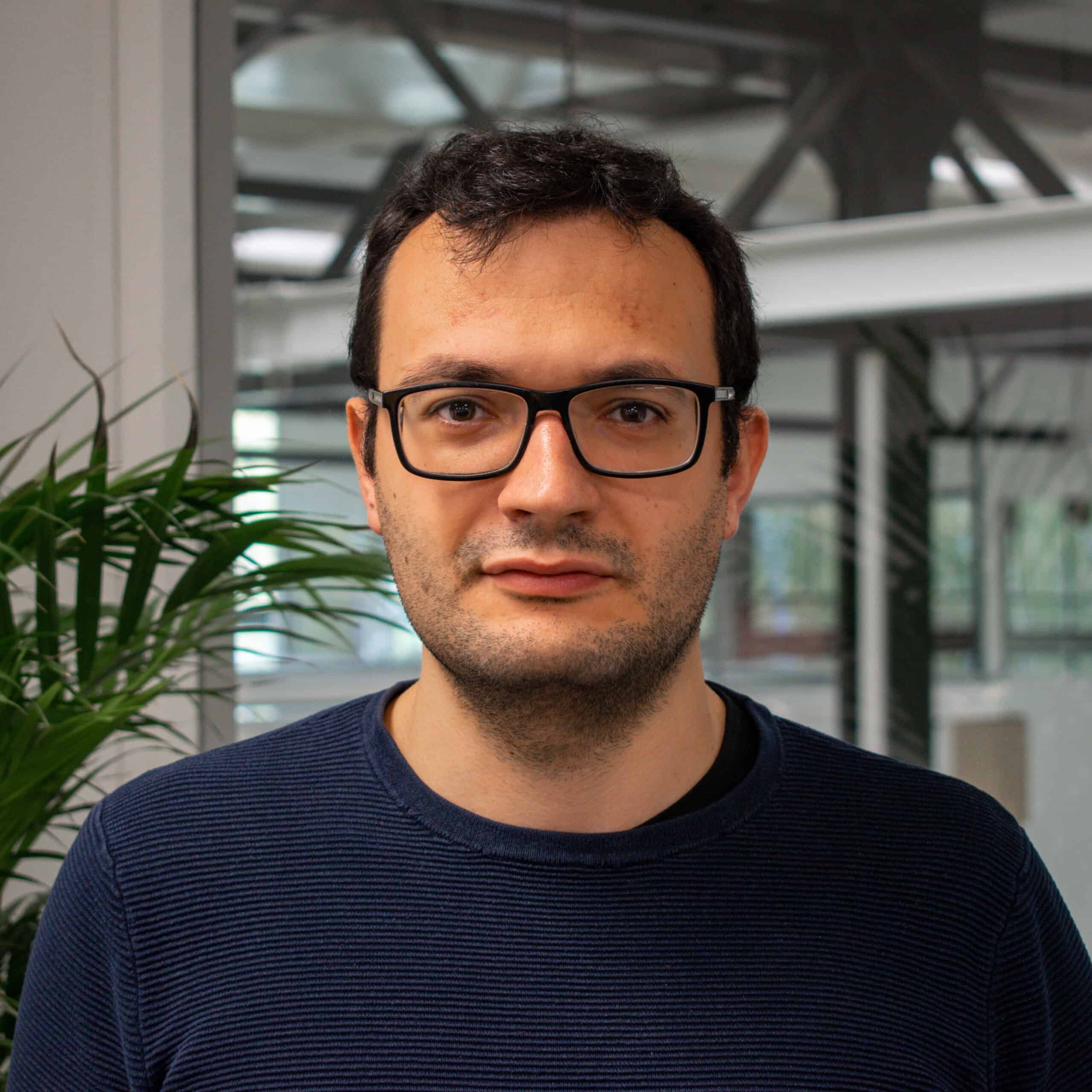
About IOMED
- Founders: Javier de Oca, Gabriel de Maeztu, Alvaro Abella.
- Founded in: 2016
- Employees: 50
- Money raised: -
- Ultimate goal: “Activating” healthcare data to improve care.
Hospitals have lots of data, but they barely use them. AI can help them in doing so, and improving patient care. Spanish startup IOMED offers hospitals and care centers the technology to structure their data with AI. Their technology combines different information inputs – from medical records to doctors’ notes – making this data usable. The company calls itself a “data activator,” partnering up with hospitals to make information consumable for several purposes, from research to service upgrades.
The company recently closed a ten million euros funding round, led by Philips Ventures and XTX Ventures – also joined by other investors. In this installment of the start-up of the day series, IOMED’s chief sales officer, Montserrat Roura, spoke to Innovation Origins about the company and its ambitions.
What does IOMED do?
“IOMED’s technology structures hospital data coming from the different information sources of a hospital. Think of clinical history, all the information from lab analysis, and even the notes a doctor writes down during a checkup. Our software allows converting these diverse streams into data points, the standard way for AI to process information. We implement active learning mechanisms for continuous improvement to keep models updated and performing optimally.
The ability to read and interpret natural language – the doctor’s notes – sets us apart. Many hospital databases already have structured information, but it is of great value to aggregate the details specialists write down when visiting a patient.”
What potential does healthcare data have?
“Data has the potential to impact patients – or people since we all need care at some point – positively. Having structured information helps hospitals save costs but also enhances the care standards. For instance, how can we enact preventive care? Or how can we detect patients with symptoms and speed up their journey to the doctor? Guaranteeing faster access to medication, improving the patient’s journey, and optimizing hospital visits are other areas where our technology can make a difference.”

How many hospitals use your technology?
“18 Spanish hospitals and over 170 primary care centers use IOMED.”
What other use cases can IOMED help with?
“Pharmaceutical companies and medical entities of other forms also use our technology for research purposes. In addition to improving patients’ journeys and analyzing costs, hospitals sometimes use IOMED to understand a disease’s unknowns. With the help of this bulk of information, there is room for a research hypothesis for that disorder.”
Who manages healthcare data?
“Each hospital has full governance over its data. However, if two hospitals are working on the same project, for instance, they can share that data – which remains anonymous and a property of the hospital, which then shares it following a green light from the ethical committee.”
Following the latest funding round, you stated you would use this money to internationalize IOMED. How do you plan to do so?
“Expanding in Europe is the first step. We are in advanced talks with institutions in Portugal and Italy, and the idea is to grow in a similar business model to the one we have already implemented in Spain.”

What is your business model?
“It’s a win-win collaboration. On the one hand, we help hospitals make sense of all the data they have. On the other hand, we help them use this information in further projects, such as collaboration with other hospitals or pharmaceutical companies, for instance. Hospitals own the data, and our job is to make them usable.”
What will make a difference in successfully expanding IOMED?
“The awareness. AI came to stay and can have a positive impact.”
What is the healthcare sector’s opinion about AI?
“There is much more interest in all medical summits we attend. In fact, we find new use cases at each one of these congresses. Now, there is much more awareness of the potential of AI and of connected technologies to exploit the potential of data. Medical companies now have branches focusing solely on innovation.”

